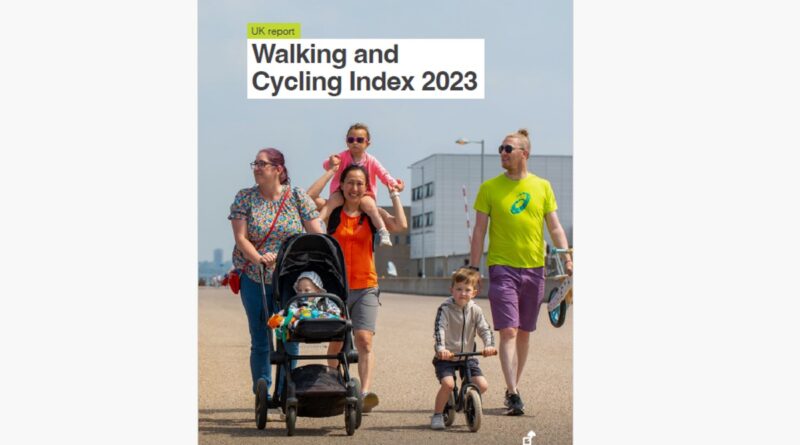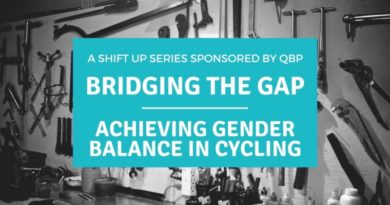UK public calls for more active travel investment
The majority of the UK public (56%) support shifting investment from road building schemes to fund walking, wheeling, cycling and public transport. The latest numbers from Sustrans Walking and Cycling Index found that far fewer – just 17% – opposed such actions.
The sizeable survey, which polled 21,374 residents aged 16 or above in 18 urban areas across the UK, found that a third (36%) often use a car as they feel they have no choice. A quarter (24%) want to drive less – 15% wanted to drive more.
58% were behind more cycle paths protected from traffic, even if this removes space from cars. Meanwhile, half (50%) supported School Streets – closing streets outside schools to cars during drop-off and pick up times (24% disagreed with the notion).
This election year, Sustrans is calling on all political parties to recognise this evidence as the view of the public, and to prioritise active travel and public transport.
This will also demonstrate that the next UK government is serious about achieving its Net Zero targets, including the current Government’s own ambition for 50% of urban journeys to be walked or cycled in the next six years.
Xavier Brice, CEO of Sustrans, said: “The evidence shows that people want to have the choice to walk, cycle, and use public transport. Moving forwards isn’t about forcing people out of their cars. It is about making it easy for people to travel how they would actually prefer to, which also improves public health, the economy and our environment.”
Sustrans data shows that, yearly, active travel benefits the 18 Index city economies by £6.1billion, whilst preventing over 21,000 serious long-term health conditions.
In addition, journeys walked, wheeled or cycled in 2023 prevented 420,000 tonnes of greenhouse gas emissions entering the atmosphere.
Brice continued: “The UK is spending record sums on transport but the message from the public is clear – they want a real choice, they don’t want to be locked into driving a car because there are no other options.
“We’ve seen real improvement in the cities we’ve surveyed over the last 10 years, but there is a long way to go to make active travel work for everyone. Now the opportunity is for government at all levels to listen to what people want and shift future investment to options that benefit us all.”
Dennis, a resident of Manchester, explained her [CORR] struggle to wheel in her neighbourhood: “When the children were small I got forced onto the road while they were on the path as there was no space for the wheelchair. I couldn’t see them behind the parked cars. It was very upsetting.
“Unsafe pavements isolate people in their homes. When I was a manual wheelchair user I couldn’t go anywhere on the pavement. We need to design our neighbourhoods to suit people rather than cars. We should get rid of cars on pavements.”



